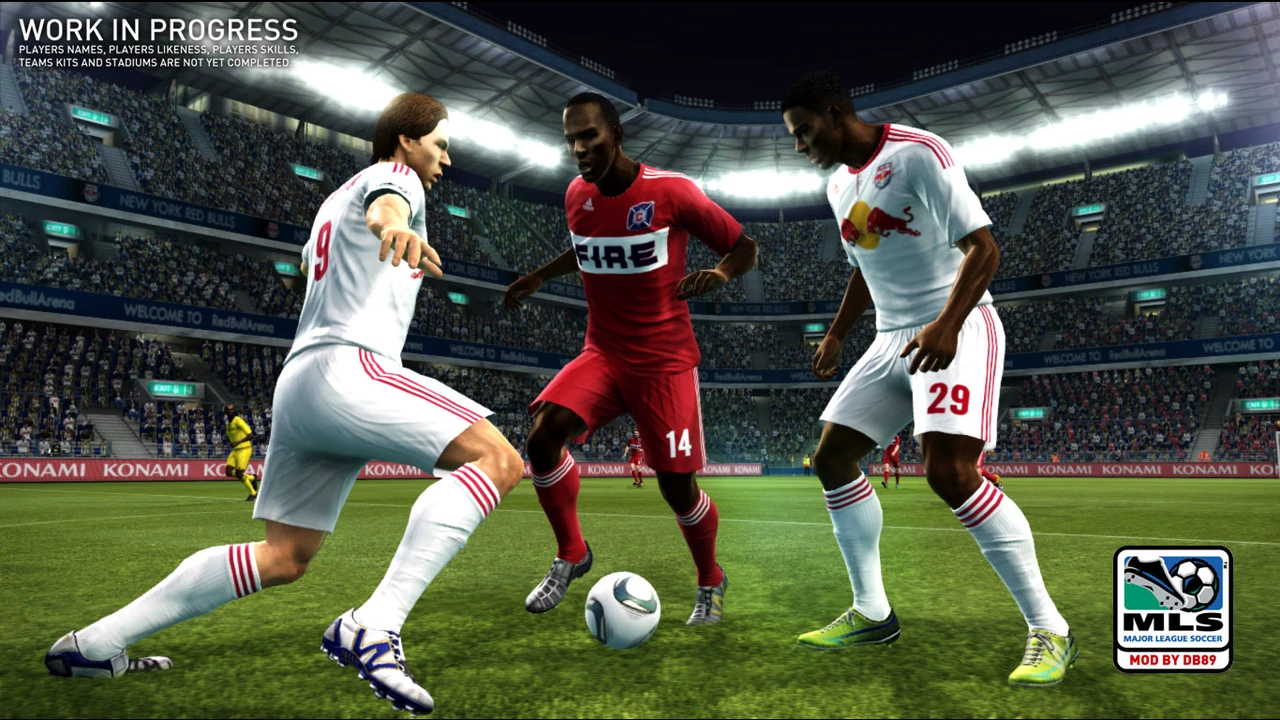Average Game Duration in Soccer – How Long Does a Match Really Last?
When working with Average Game Duration, the typical length of a full soccer match including regular time, halftime and any added stoppage time. Also known as match length, it helps coaches plan training, broadcasters schedule slots, and fans set expectations.
The backbone of any match is Regular Time, the 90 minutes split into two 45‑minute halves. Average Game Duration encompasses this regular portion, but the real clock rarely stops at 90 minutes. Factors like injuries, goal celebrations and VAR reviews add the extra minutes that most people call "stoppage time".
Stoppage Time and Its Impact
Stoppage Time, the minutes added at the end of each half to compensate for interruptions is the most visible modifier of match length. Referees calculate the added time based on fouls, substitutions, medical treatment and any other delays. In the Premier League, you’ll often see 3‑5 minutes added, while high‑intensity games can push that to 7 or more. The relationship is simple: Stoppage Time extends Average Game Duration. Watching a game without those extra minutes feels incomplete – those few seconds can decide a title.
Another entity that fans encounter is Halftime, the 15‑minute break between the two halves. Though the clock stops, Halftime contributes to the overall experience by giving players a chance to recover and coaches to tweak tactics. From a scheduling perspective, broadcasters treat Halftime as a fixed slot for analysis, ads and replays, which in turn influences how they budget the total broadcast window.
When a game ends in a draw during knockout stages, Extra Time, two additional 15‑minute periods played before a penalty shoot‑out is added. This extra segment directly adds to the Average Game Duration, turning a standard 105‑minute fixture into a potential 135‑minute spectacle. Teams that train for endurance often gain an edge in these situations, and broadcasters must allocate contingency slots for such possibilities.
Beyond the formal extensions, there’s the informal factor of Goal Celebration Time, the brief pause after a goal while players and fans react. While usually only a minute or two, repeated celebrations can nudge the overall length upward. This subtle element shows how player emotion feeds back into the clock and why coaches sometimes ask players to keep celebrations short in tight fixtures.
Understanding Average Game Duration helps everyone plan better. Coaches design training drills that mimic the pacing of a 90‑minute match plus typical stoppage, broadcasters allocate precise airtime for live commentary, and fans know when to set their alarms for kickoff and wrap‑up. The key takeaway is that the clock is a living thing, shaped by Regular Time, Stoppage Time, Halftime, Extra Time and even Goal Celebration Time.
Below you’ll find a collection of articles that dig deeper into each of these pieces – from how referees calculate stoppage minutes to the science behind player fatigue in extra time. Use them to fine‑tune your own approach, whether you’re coaching, commentating, or just trying to catch the final whistle without missing a beat.
